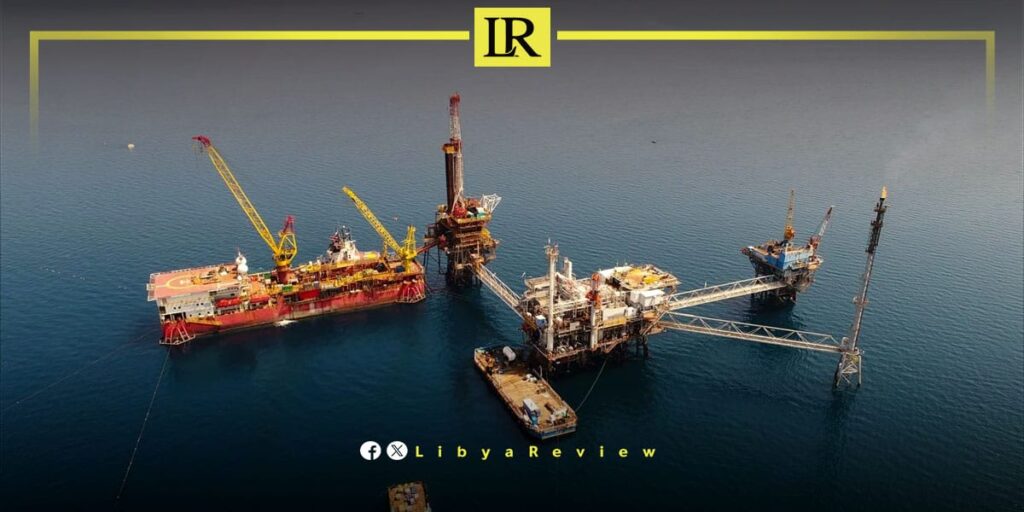Greece has formally rejected Libya’s objections regarding offshore hydrocarbon exploration south of Crete, deepening tensions over maritime boundaries in the eastern Mediterranean.
In a note verbale submitted to the United Nations on 5 August, Athens dismissed Libya’s accusations of sovereignty violations linked to exploration blocks “South of Crete 1” and “South of Crete 2.” Libya had earlier claimed that Greece’s licensing activities contravened international law and disregarded Libya’s proposed maritime boundary.
Greece’s response described Libya’s allegations as “unfounded and without legal basis,” stressing that Greece holds “ipso facto and ab initio” sovereign rights over its continental shelf and natural resources in the disputed areas.
Athens underlined that its delimitation practices align with international maritime law and referenced agreements signed with Egypt and Italy. In particular, it highlighted the Greece-Egypt exclusive economic zone (EEZ) agreement concluded in Cairo on 6 August 2020, which was based on the median line principle.
The Greek government rejected Libya’s proposed boundary, labelling it “legally unfounded and drawn in complete violation of the International Law of the Sea.” The statement emphasised that the exploration blocks were delineated in conformity with international legal standards and bilateral treaties.
The dispute underscores ongoing friction over maritime boundaries in the Mediterranean, where overlapping claims have triggered diplomatic rows between Greece, Libya, and Turkey in recent years. Analysts note that the matter could complicate regional energy cooperation and further entrench divisions over sovereignty and resource rights.
With offshore exploration continuing to expand, the dispute adds to the already complex geopolitical dynamics shaping the future of eastern Mediterranean energy development.


